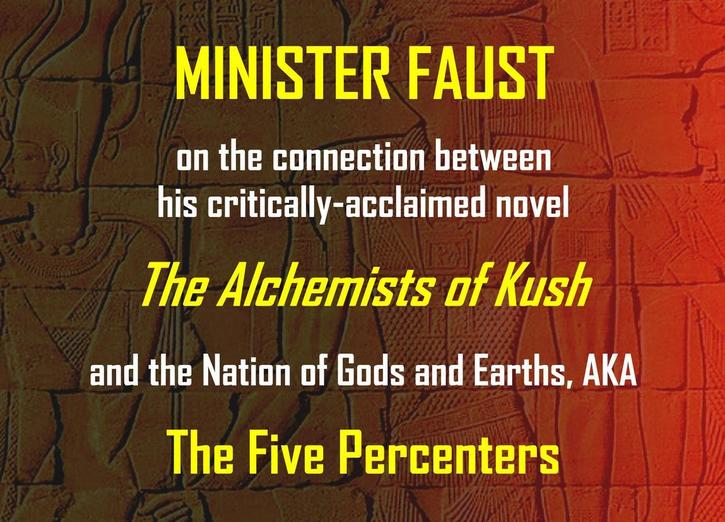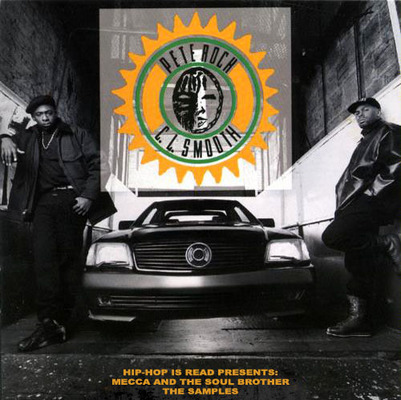AWARD-WINNING AUTHOR-JOURNALIST | BROADCASTER | SPEAKER | WORKSHOP LEADER
The Allegory behind the Alchemists
Watch Minister Faust's video on this topic
The Five Percenter Connection to The Alchemists of Kush
Processing video...


The novel The Alchemists of Kush is in part an allegory for the founding of the Nation of Gods and Earths, known to many as the Five Percenters, a decentralised, non-hierarchical society whose members number in the tens of thousands.The NGE is one of the most influential cultural groups in the United States, yet you've probably never even heard of them. But without their dynamic culture, hip hop as we know it probably would not exist.


That's because beginning in the mid-1960s of New York City, the Five Percenter youth began memorising, reciting and expounding upon a series of lengthy mystical lessons including the 120, the Supreme Alphabet and the Supreme Mathematics, and a set of geographical and astronomical information including the weight of the earth and the distance between the earth and the sun.
The particularly adept became outstanding debaters and orators, and many became extemporaneous poets whose work was the lyrical engine that turned the ordinary party rhymes and braggadocio of early rapping into a social, political, and mystical artistic phenomenon.

Chances are you’re familiar with the NGE even if you didn’t know you were. Their most famous citizens include the Wu Tang Clan and members such as Method Man, the RZA and Raekwon, the singer Erykah Badu, the groups Brand Nubian and Poor Righteous Teachers, and rappers Rakim, CL Smooth and Busta Rhymes, to name just a few.
But their influence goes far beyond their population, because through hip hop, their teachings and vocabulary have become part of North American culture. Terms and phrases such as G, the bomb, break it down, manifest, represent, do the math, dropping science, show and prove, Original Man, Knowledge of Self, step into the cipher and even peace were introduced, reinvigorated or redefined by them. Through their influence, the phrase “word is bond” became over time “word up” and simply “word.”